Science News Roundup
A roundup of science news stories including making ethanol from nitrogen out of thin air, and an uptick in mercury levels in tuna.

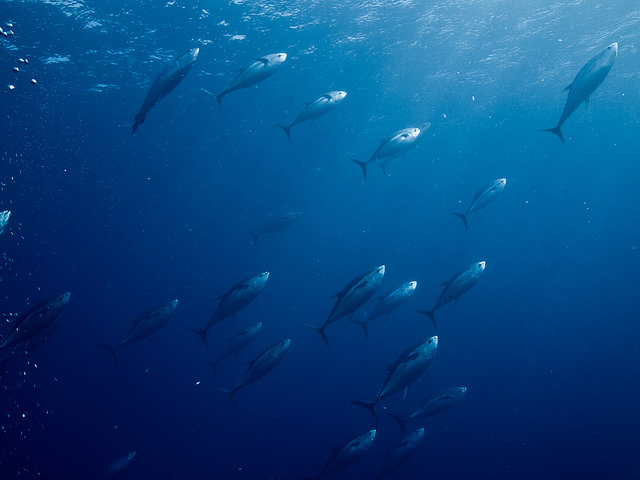
A roundup of science news stories including making ethanol from nitrogen out of thin air, and an uptick in mercury levels in tuna.
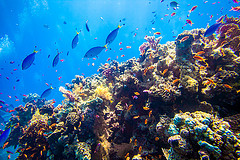
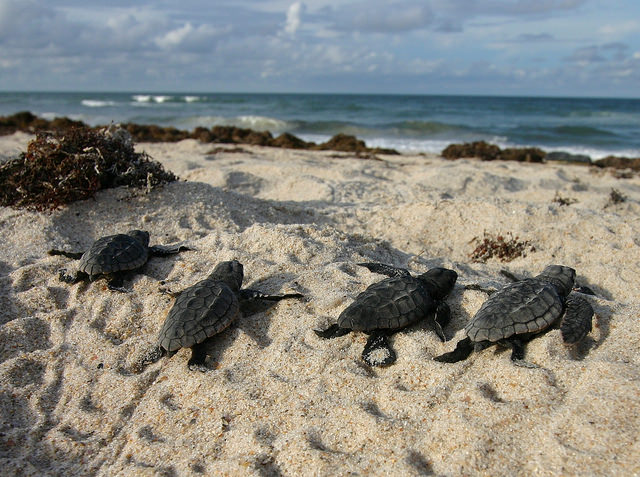
Loggerhead sea turtles use the Earth’s magnetic fields to find their way back to the beaches where they were born, many years later.
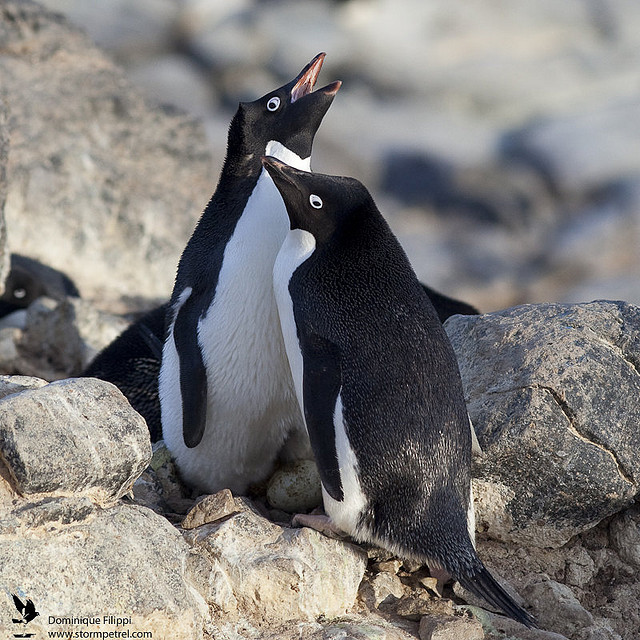
Scientists have sequenced the genomes of two penguin species, revealing much about how they’ve adapted to inhospitable environments.

Scientists are getting a better handle on how much plastic we put into the oceans, and what effects it’s having.
The U.S. has banned some fire retardants because of their toxicity. But the same chemicals are also produced naturally by marine life.
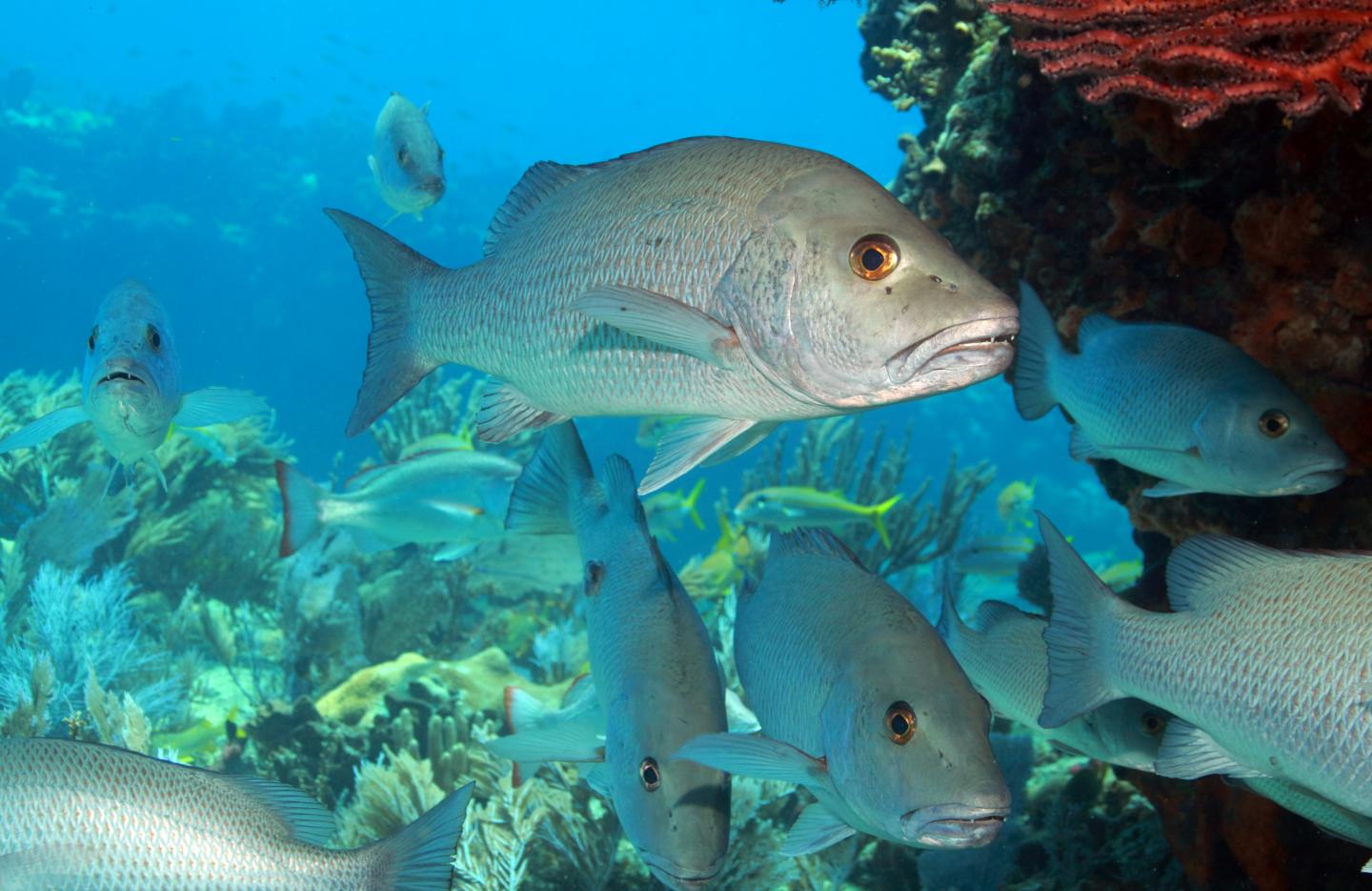
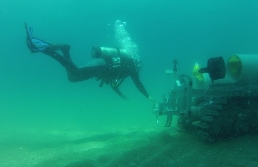
OCEAN SCIENCE (Encore Presentation) - Old warships become new habitats. An ocean quadcopter gives researchers a sky-high view of the stormy North Atlantic. And, autonomous underwater vehicles that search for sunken treasure. Also, behind the untimely death of the octopus.

Saving degraded coral reefs may be difficult, because juvenile corals and fish won't return to them.
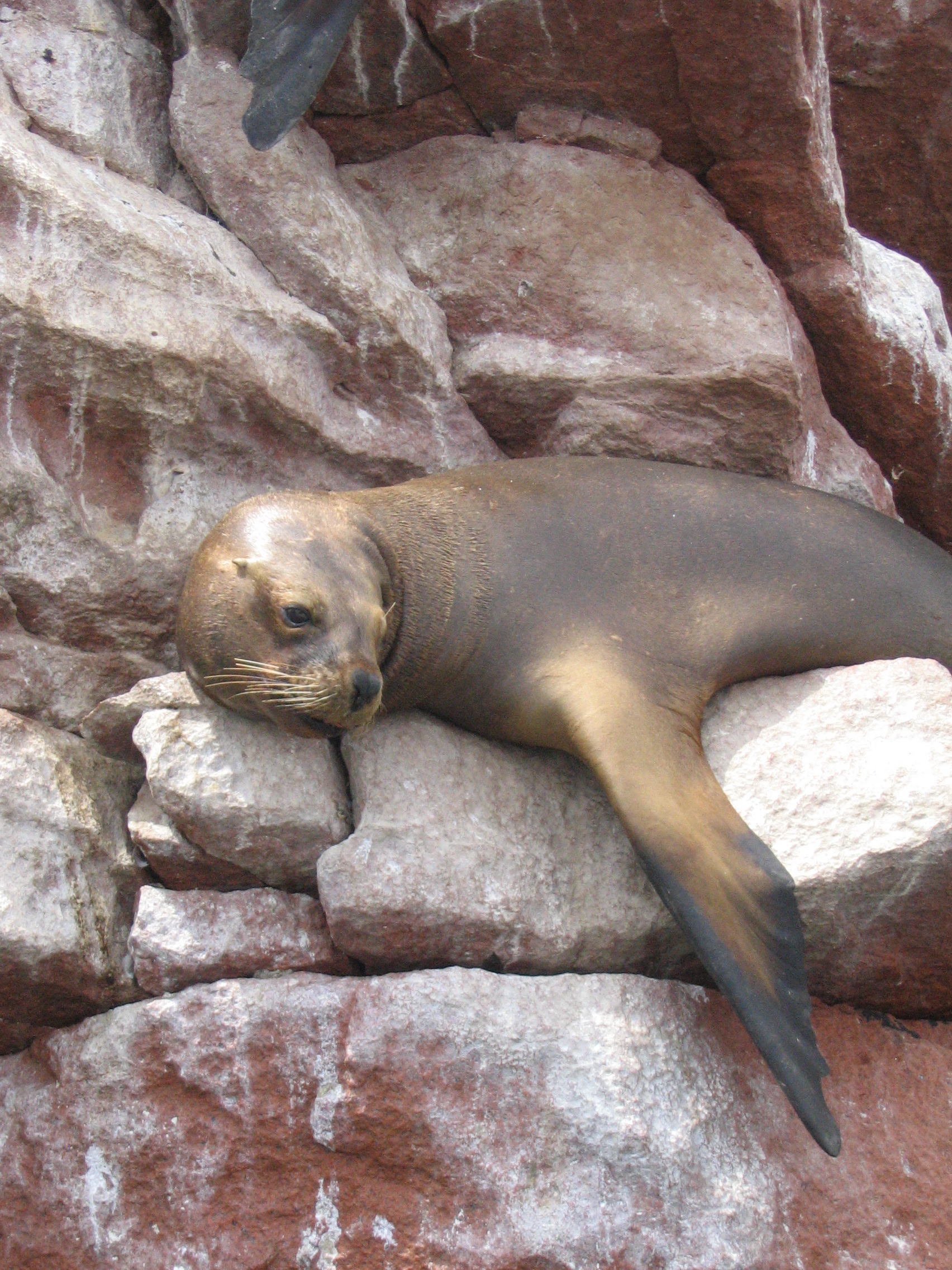
Marine mammals brought tuberculosis to South Americans from Africa more than 1000 years ago.
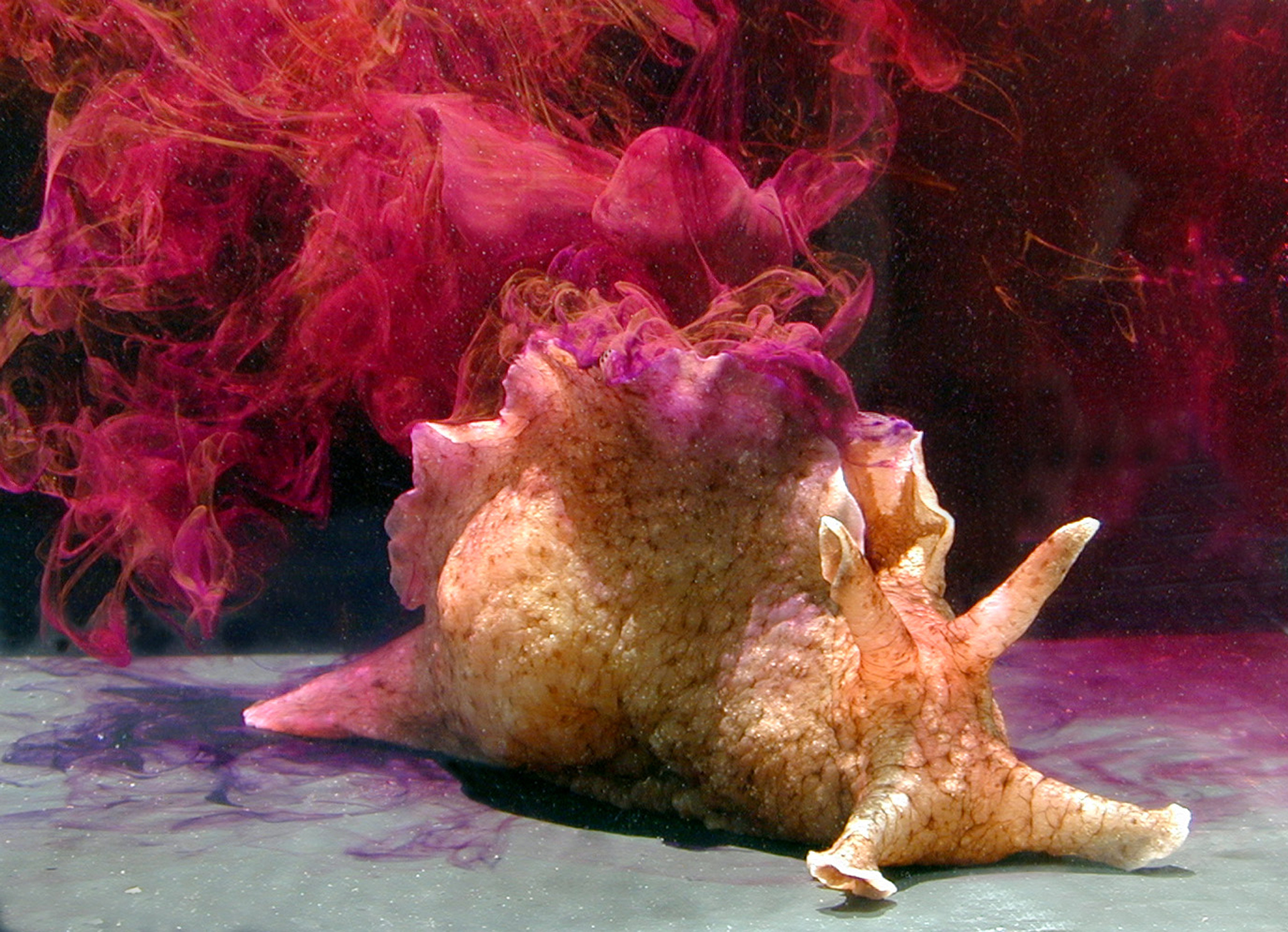
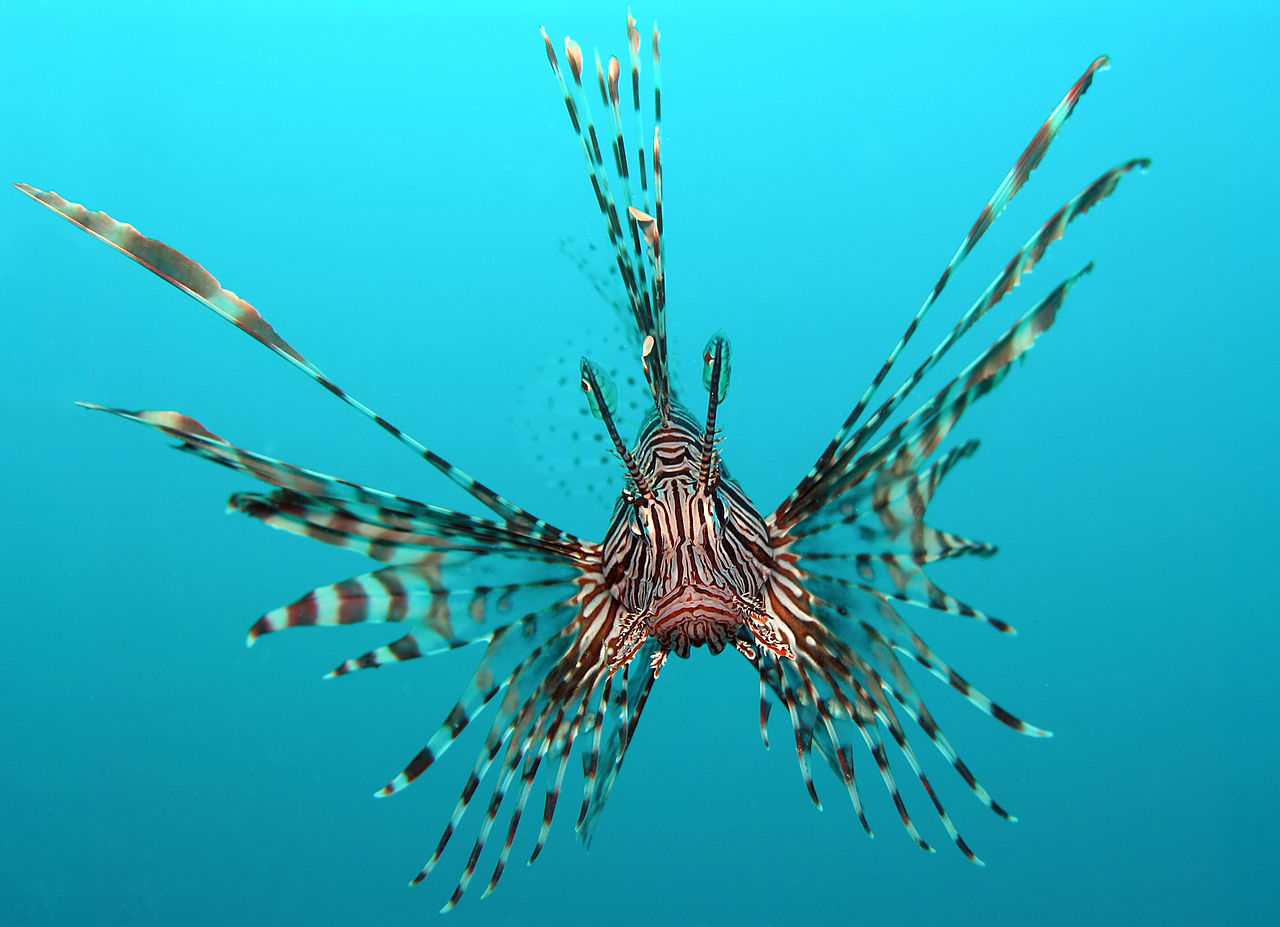
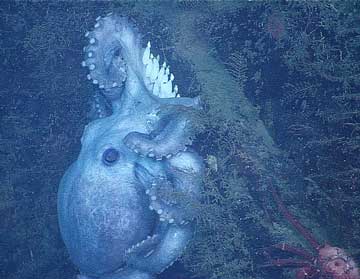
A deep-sea octopus sits on her eggs for four and a half years - possibly without eating.
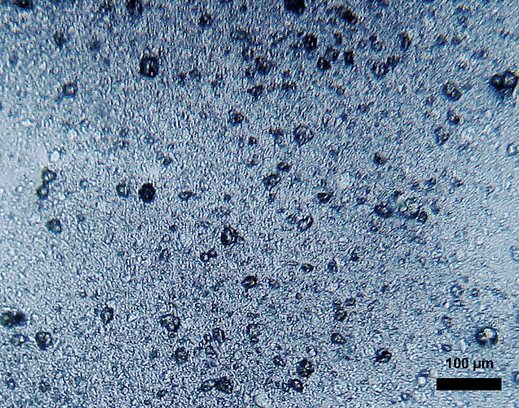
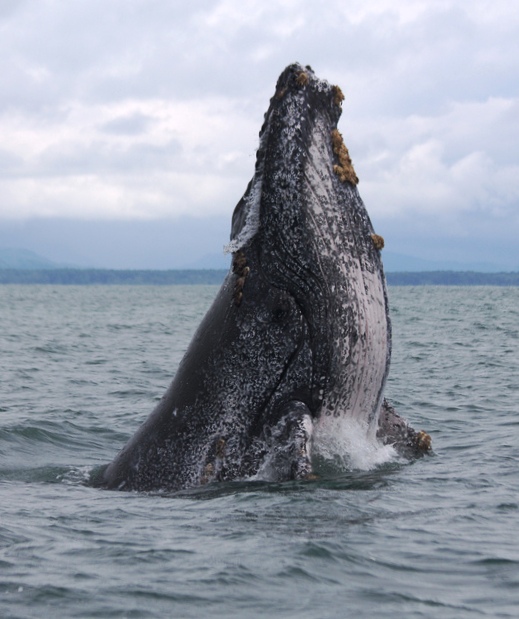
Scientists are just beginning to understand the specialized anatomical features that allow whale songs to propagate underwater.

The U.S. has banned some fire retardants because of their toxicity. But the same chemicals are also produced naturally by marine life.
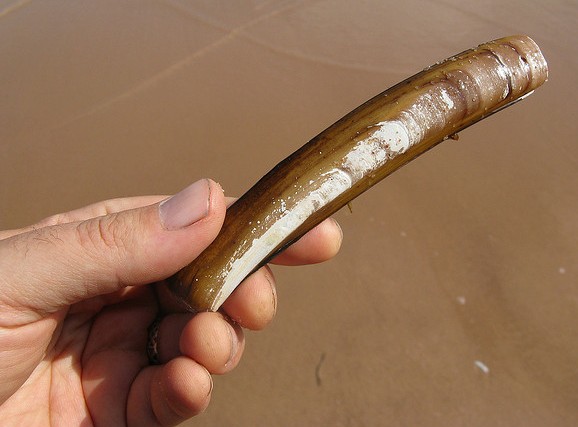
The Atlantic razor clam, famous for its digging prowess, is a model for potentially useful robots.
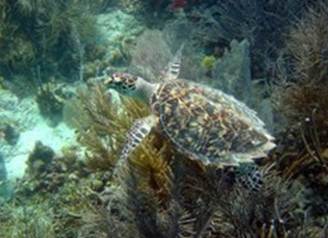
A global perspective is needed to cut down on the unintentional casualties of commercial fishing.
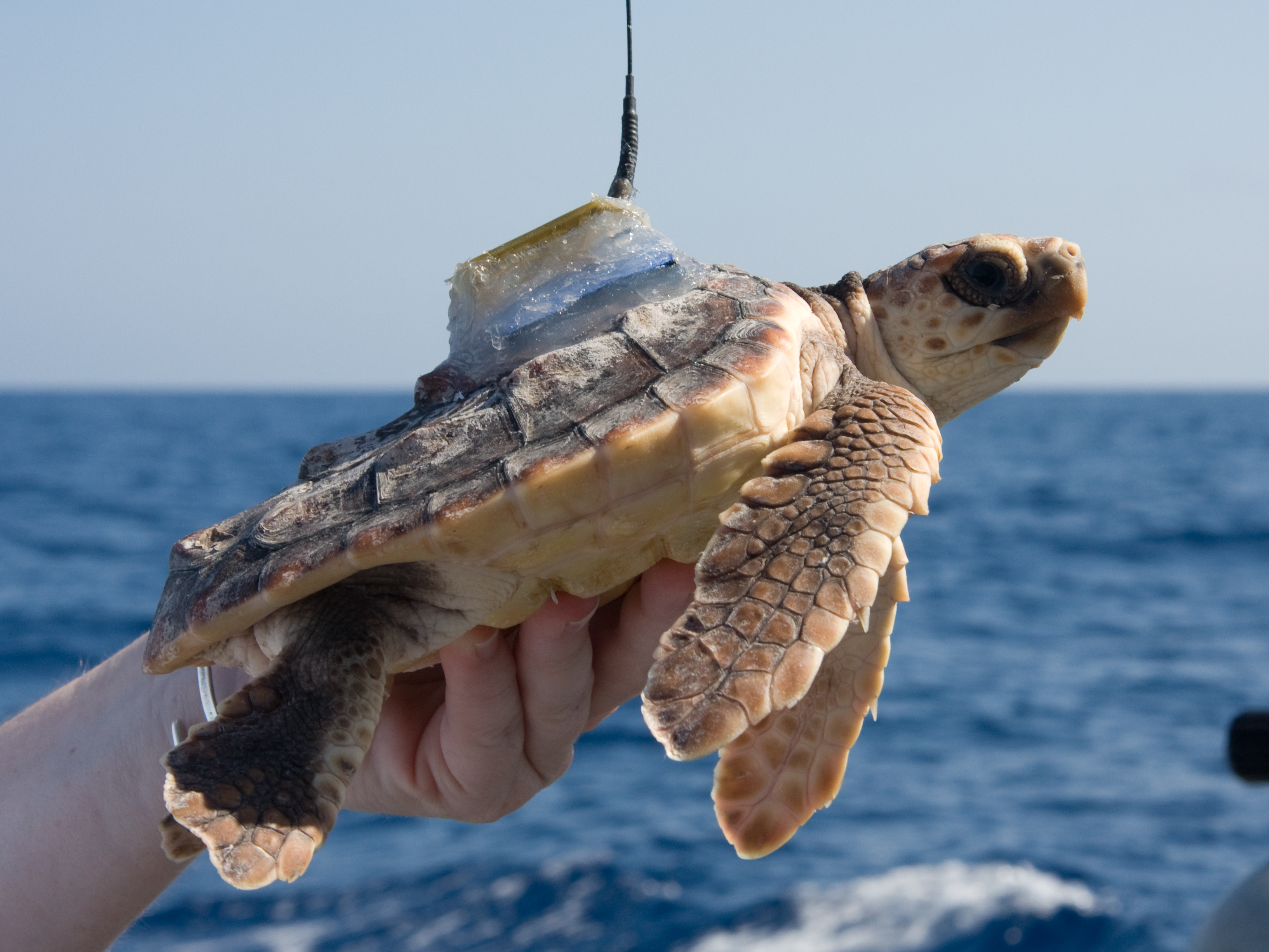
Scientists are using satellites to track the mysterious migrations of young sea turtles.
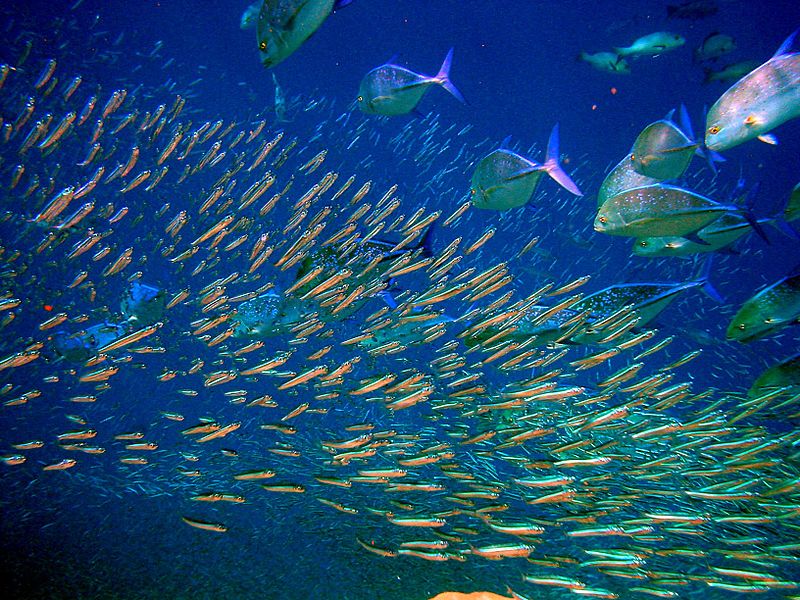
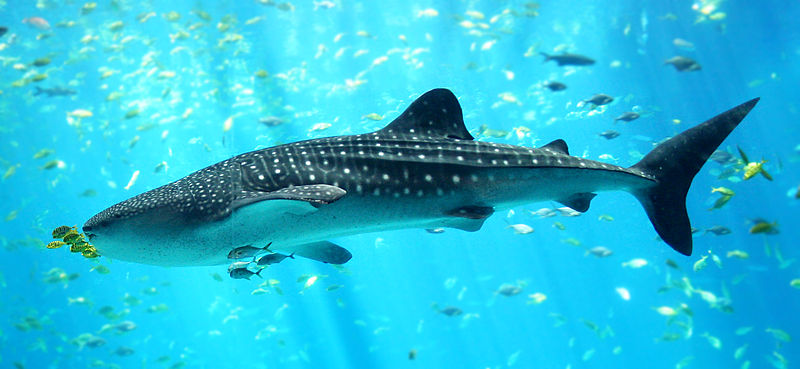
Scientists are testing a new 3-D underwater microscope to study tiny marine predators.
